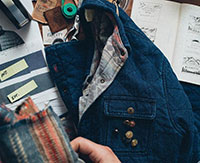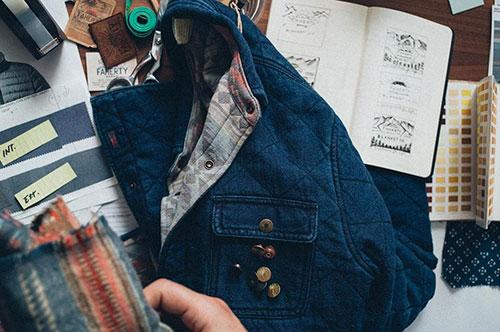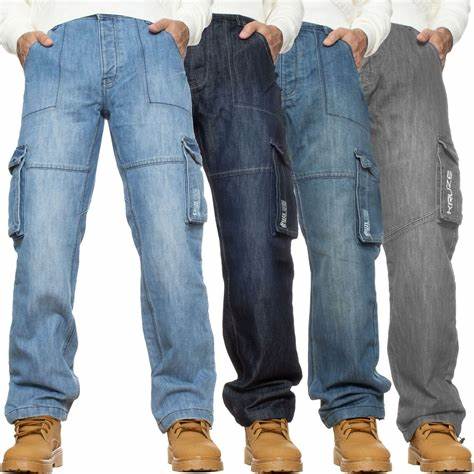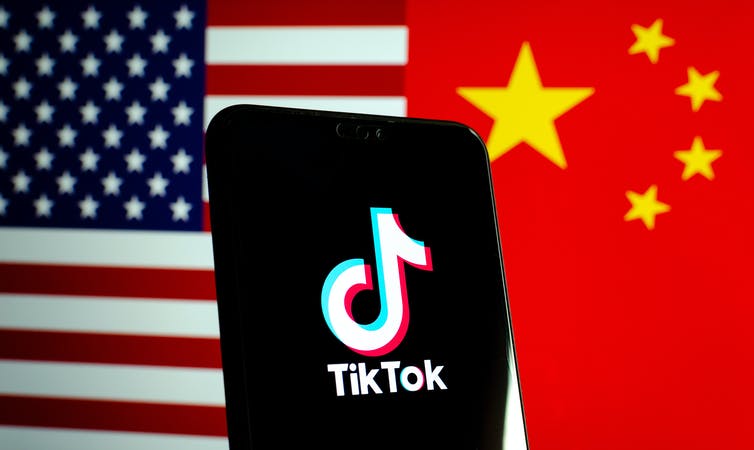"With most brands today swearing by their sustainability initiatives, it has become difficult for retailers to distinguish between genuine and fake adopters. Therefore, retailers are now planning to acquire sustainability certificates that help them establish and enforce their environmental quality standards. These certificates enable brands to apply a seal of approval on their products and its packaging acts as social proof and validation for their efforts."
 With most brands today swearing by their sustainability initiatives, it has become difficult for retailers to distinguish between genuine and fake adopters. Therefore, retailers are now planning to acquire sustainability certificates that help them establish and enforce their environmental quality standards. These certificates enable brands to apply a seal of approval on their products and its packaging acts as social proof and validation for their efforts.
With most brands today swearing by their sustainability initiatives, it has become difficult for retailers to distinguish between genuine and fake adopters. Therefore, retailers are now planning to acquire sustainability certificates that help them establish and enforce their environmental quality standards. These certificates enable brands to apply a seal of approval on their products and its packaging acts as social proof and validation for their efforts.
A recent research by PEFC shows over 80 per cent consumers prefer to shop from brands that use labels on their products to communicate about their responsible sourcing practices. Similarly, 54 per cent consider these certificates to be the strongest proof of their environmental and sustainable practices.
Certificates add a competitive edge, communicate brand value
Another research firm HBR also notes this approach of integrating certificates within their brand messages and on product labels is a powerful way to influence consumers purchasing behavior. These certificates give a competitive edge to brands that have made sustainability inherent to their operations. They not only communicate the brand’s value but also make consumers’ purchasing decisions easier. This is the reason why more retail brands are planning to apply for such certifications in future. A case in point is Fashion brand Faherty, which recently applied for the Bluesign certification. This certificate focuses on improvements around the manufacturing process of consumer textiles. It ensures consumer safety, low-impact product manufacturing, and the responsible use of resources.
on product labels is a powerful way to influence consumers purchasing behavior. These certificates give a competitive edge to brands that have made sustainability inherent to their operations. They not only communicate the brand’s value but also make consumers’ purchasing decisions easier. This is the reason why more retail brands are planning to apply for such certifications in future. A case in point is Fashion brand Faherty, which recently applied for the Bluesign certification. This certificate focuses on improvements around the manufacturing process of consumer textiles. It ensures consumer safety, low-impact product manufacturing, and the responsible use of resources.
Besides Faherty, European clothing brand Frances Austen is adopting the certification route. The brand’s cashmere yarn is spun by Italian cashmere producer Carriagi, which is Oeko-Tex Standard 100certified. It has also obtained the ISO 14001 Certification, which monitors its consumption of water, energy, paper, and plastic besides ensuring the presence of sustainable, environmentally-friendly standards.
These sustainability certificates add a layer of easy-to-grasp social proof for the brand’s consumers. However, consumers first need to be aware about the requirements of these certificates for which they need to ask approximate questions that hold the responsible holding these certificates truly responsible for the implied standards.










